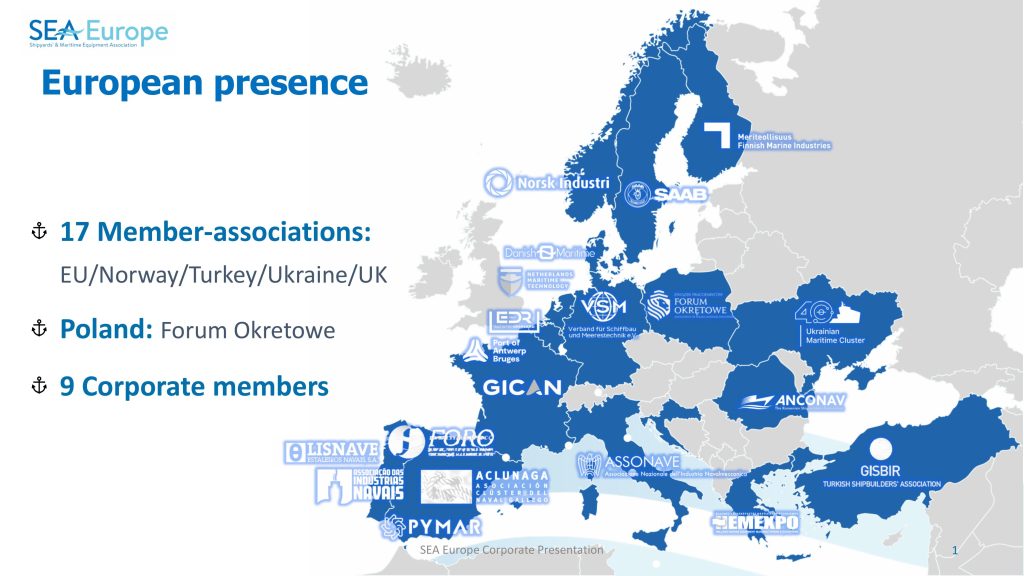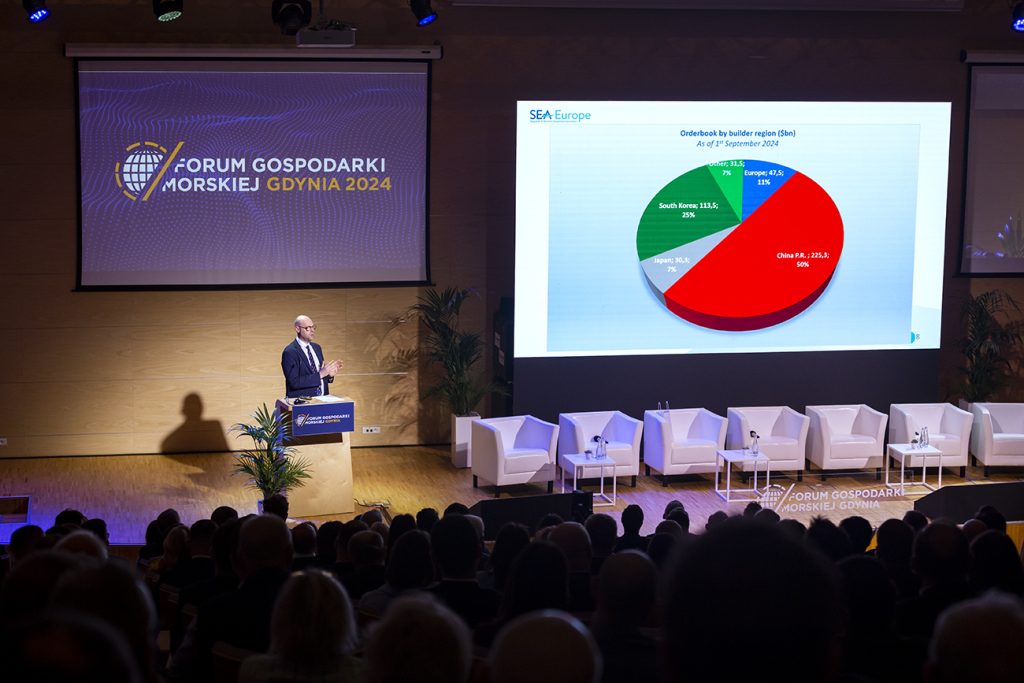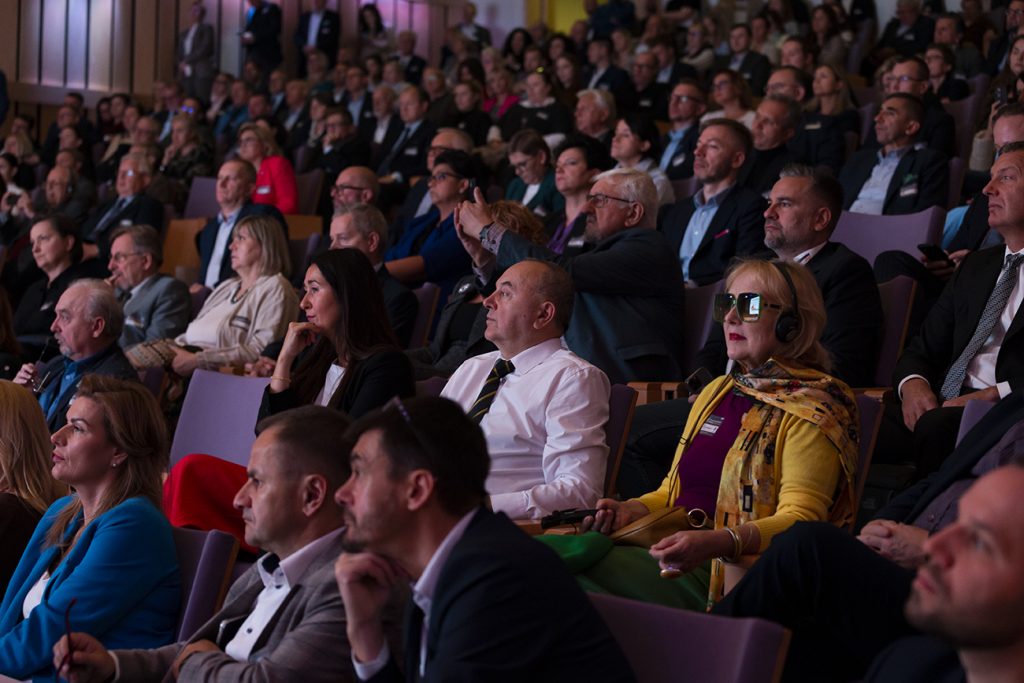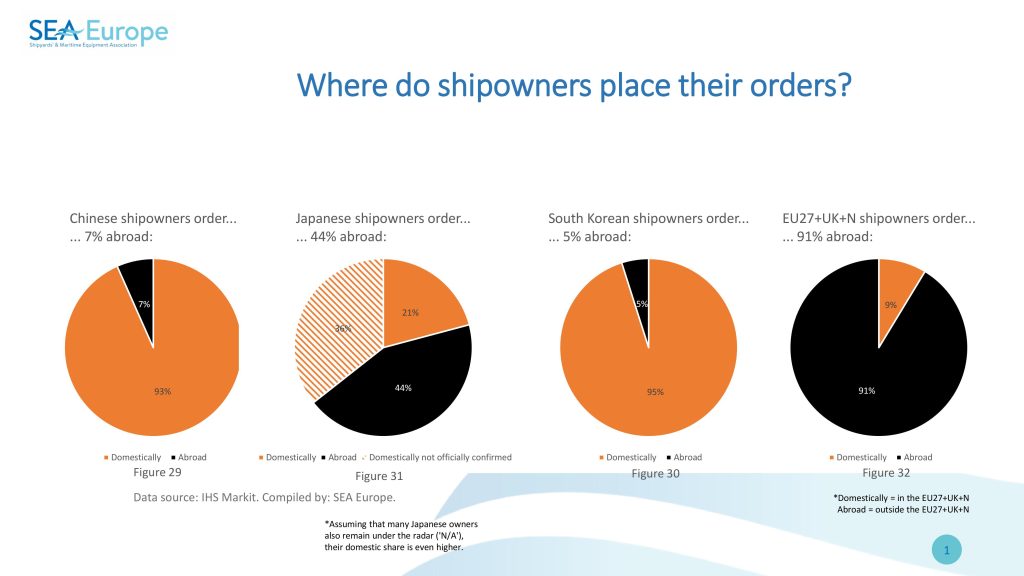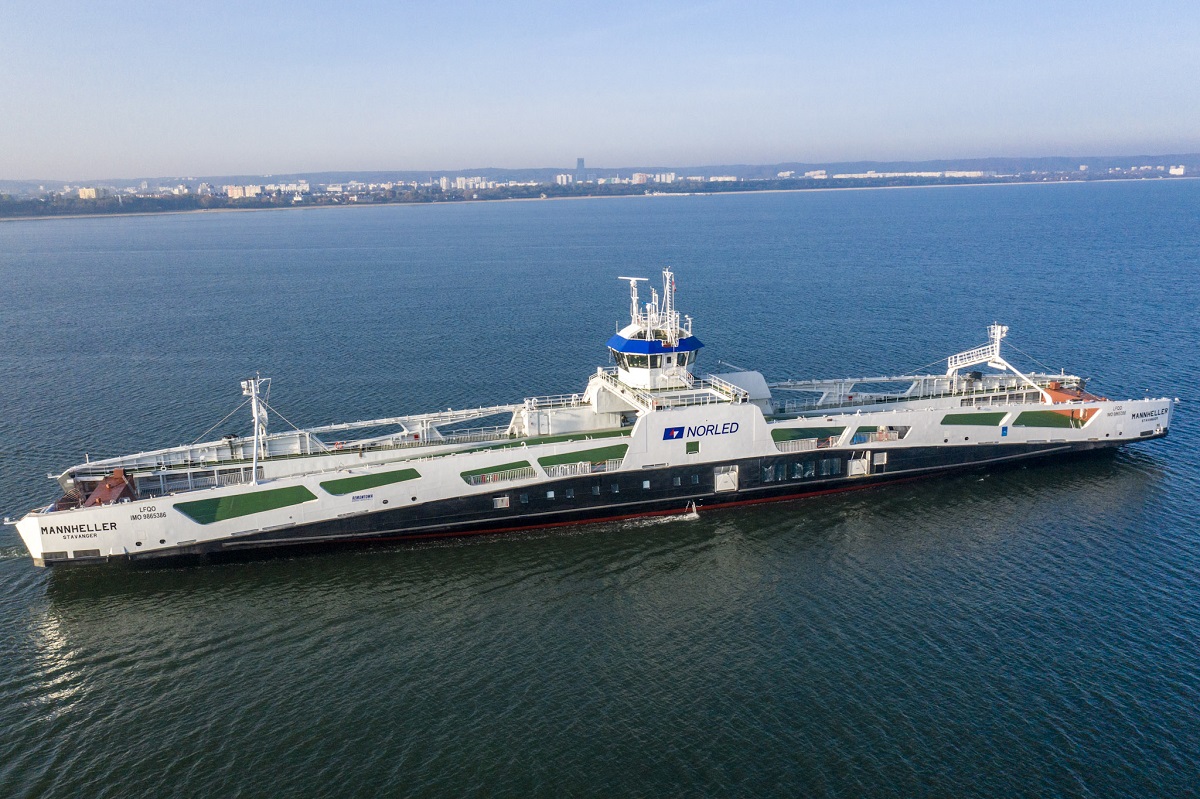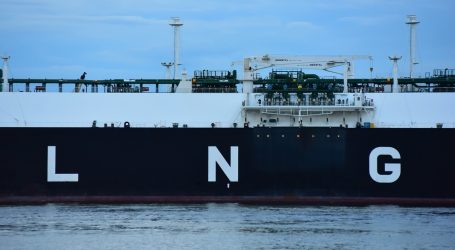Christophe Tytgat: Brussels is changing its approach to the shipbuilding industry
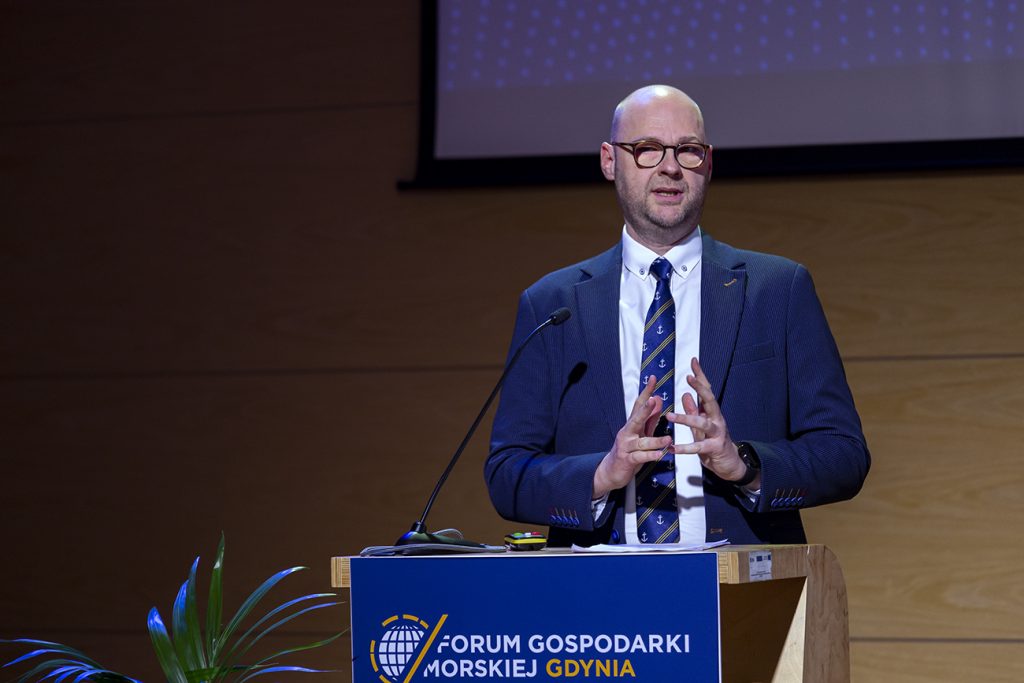
On October 11, 2024, the 23rd edition of the MARITIME ECONOMY FORUM was held at the Pomeranian Science and Technology Park in Gdynia. This is the most important meeting of the maritime industry in Poland, next to BALTEXPO. The founder of this annual event is the City of Gdynia, and the organizational side is handled by Agencja Rozwoju Gdyni Sp. z o. o.
The meeting gathered a record number of participants in the history of the Forum – nearly 700 people – which proves the growing interest in maritime economy and understanding its key importance for Poland’s security in all aspects.
This year’s leading topic was: “The future of the Polish and European maritime economy in the light of the current geopolitical situation.” Speakers of six extremely interesting thematic panels focused on analyzing the opportunities and threats related to the current global situation and its impact on the maritime industry in Poland.
The partner of the event was the Association of Polish Maritime Industries FORUM OKRĘTOWE, which organized a discussion panel devoted to the reviving of the shipbuilding industry in Europe, preceded by a speech by the honorary guest of the event – the Secretary General of SEA Europe, Christophe Tytgat.
At the beginning of his speech, Christophe Tytgat introduced the SEA Europe organization, representing the interests of the European shipbuilding industry and ship equipment manufacturers before the European Union bodies in Brussels. He emphasized the importance of the active participation in the work of SEA Europe national representatives in this organization, including Association of Polish Maritime Industries FORUM OKRĘTOWE. He added that active role of the FORUM OKRĘTOWE is very important for our industry these days – especially in the light of the upcoming changes and the great political importance of Poland.
Continuing, he presented data showing the current potential of the European shipbuilding industry: 300 shipyards, 28,000 companies producing ship’s equipment and cooperating with shipyards, the value of the sector’s annual production – PLN 128 billion EUR, the number of employees – 1.1 million high-class specialists, and the value of expenditure on research and development – 9% of the annual turnover.
Continuing the speech, he compared Europe’s position in relation to its global competitors, pointing to China’s growing share in the shipbuilding market, currently 50% in terms of the total order portfolio and 62% in terms of orders placed between January and August 2024. He also cited a number of other data.
Secretary General SEA Europe Christophe Tytgat (Fot. Przemysław Kozłowski/Forum Gospodarki Morskiej)
He pointed out that the situation of the European shipbuilding industry had been systematically deteriorating since the 1970s, but accelerated around 2000. The main reason for this was and still is that the European Union has a horizontal approach to the economy, which means that an extremely complex organism such as a shipyard is treated on the same principles as, for example, a shoes factory. Meanwhile, in China and South Korea, the shipbuilding industry is treated as a strategic sector, which resulted in these countries introducing a system of incentives and protection for this industry. Europe, if it wants to revive its shipbuilding industry, must take similar steps.
The worsening situation in the shipping industry was noticed by the European Commission in 1988 and the first solutions were introduced. However, they have not brought any significant results for the shipbuilding industry in Europe to date.
(Fot. Przemysław Kozłowski/Forum Gospodarki Morskiej)
Christophe Tytgat emphasized that despite the constantly growing competition from Asia, the European shipbuilding sector has not collapsed. The reason for this is that the industry invests 9% of its annual turnover in research, development and innovation. Europe has survived thanks to its innovation, but the pressure from China is enormous. China also invests heavily in research, development and technological modernization, and has virtually unlimited financial resources.
He pointed out that most of the orders placed in Chinese shipyards come from European shipowners, while local Chinese shipowners account for only 13% of the order portfolio. He emphasized that Chinese shipowners order ships almost exclusively from their country, just like South Korean shipowners. In Japan, the situation is more diverse, but still with a predominance of local orders, while 91% of orders from Europe go outside of our continent.
Christophe Tytgat also discussed the work on the European strategy for the shipbuilding industry. From the perspective of SEA Europe, it remains crucial to maintain the leading position in the construction of technologically advanced vessels, in the production of ship equipment, war production and to regain some markets, e.g. short sea shipping vessels, which are crucial for the internal trade of the European Union. According to Tytgat, the sector needs, among others: financial incentives for shipowners to order again from Europe, but also for shipyards to modernize and become technologically competitive.
Christophe Tytgat also emphasized that the political environment in Europe and his thinking about the shipbuilding sector have changed. Thanks to this, the time has come to introduce specific changes.
He emphasized the very important role that Poland has to play in these changes. In the first six months of next year, Poland will hold the presidency of the EU Council, which means it will lead discussions between EU member states. A strategy for the maritime industry should be a key part of these discussions, and whether this happens will depend largely on Poland.
Immediately after the guest of honor’s speech, there was a panel discussion devoted to finding answers to the question – how to revive the shipbuilding industry in Europe? Its participants came to very interesting conclusions, which will be described soon.
The entire presentation by Christophe Tytgat delivered at the Maritime Economy Forum in Gdynia can be downloaded below:
Christophe Tytgat – Brussels is changing its approach to the shipping industry
Source: The Association of Polish Maritime Industries FORUM OKRĘTOWE

